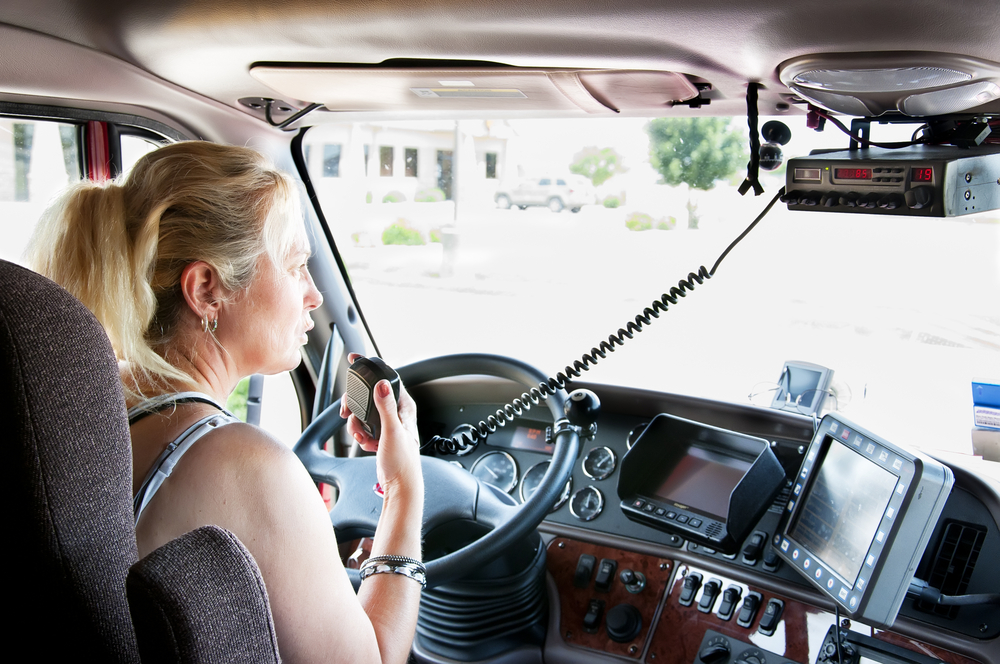
Women In Trucking Association president Ellen Voie has emerged as a vocal leader who recently delivered a powerful message that female CDL professionals remain at risk.
Voie recently participated in a White House roundtable session that included trucking industry leaders such as representatives from the Teamsters, One Voice For Truckers Everywhere, America Trucking Associations, Commercial Vehicle Training Association, Trucking Alliance, and 10 freight carrier executives. Hosted by U.S. Secretary of Transportation Pete Buttigieg, U.S. Secretary of Labor Marty Walsh, and White House Economic Council Director Brian Deese, WIT president Voie delivered the findings of her organization’s safety survey.
“We need to create a safer environment if we want to bring more women into this industry,” Voie reportedly said. “Our research has shown that women rate their level of safety as a female driver at 4.4 on a scale of 10. This is unacceptable, as we should all feel safe in our work environment.”
The data accumulated from polling 426 female truck drivers indicates that 60 percent felt unsafe doing their job during the past year. Upwards of 20 percent stated they had been threatened with a weapon, 46 percent were confronted with an unwanted physical advance, and 4 percent said they suffered a rape.
An in-depth look at the WIT safety survey demonstrates that female truckers face unique adversity because the workforce is upwards of 90 percent male. Highlighting this issue, CDL training typically requires two people to occupy the rig. This places women at heightened risk of unwelcome advances when overnight runs are required to hone a newly-minted trucker’s skills.
“The proximity of the sleeper berth and personal quarters creates an atmosphere where privacy is often compromised,” Voie reportedly said. “In most cases, the driver trainer and trainee are unrelated and often previously unfamiliar with one another.”
Research published in “The Sexual Project,” by Dr. Jennifer Hirsch and Dr. Claude Mellins, concludes that physical bed proximity encourages unwelcome interactions. Voie points out that the same rules used to diversify the industry and combat forms of discrimination are putting women in harm’s way.
“We have not been able to identify any other mode of transportation that mixes men and women in areas intended for sleeping or personal activity. In trucking, a carrier is not allowed to use age, ethnicity, gender, or other protected classification to segregate drivers,” Voie reportedly said.
Although WIT leaders may advocate for same-sex training, the Equal Employment Opportunity Commission asserts that carriers violate federal law by placing female trainees on a same-sex waiting list because the policy delays full employment. The commission also reportedly claimed that separating CDL professionals by gender insulted the integrity of male drivers. This position appears to run contrary to the first-hand data accumulated from real-life female truckers.
According to WIT, 87 percent believe truck stops are unsafe for women and 85.5 percent perceive rest areas as risky. Safe overnight parking has been a persistent problem truckers have repeatedly petitioned government officials to correct.
Sources: thetrucker.com, prweb.com











Leave a Comment